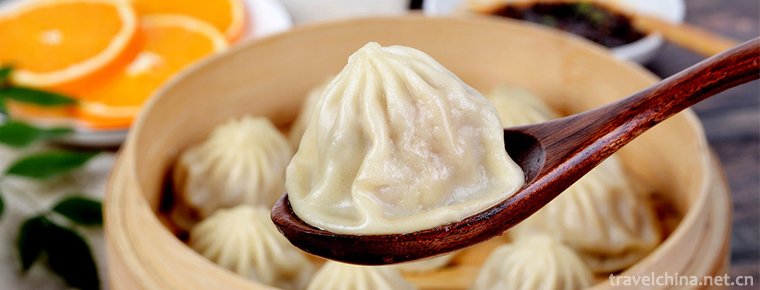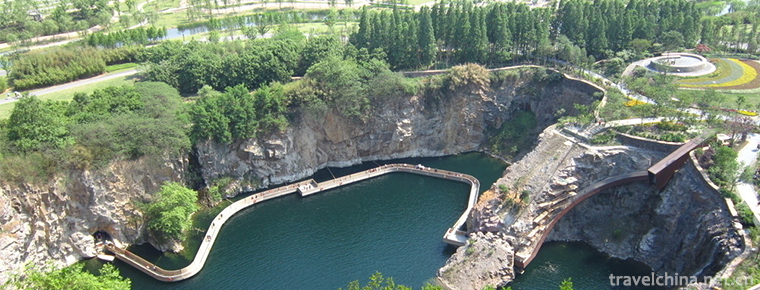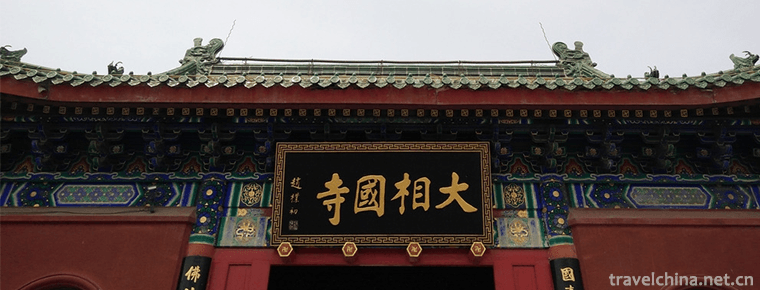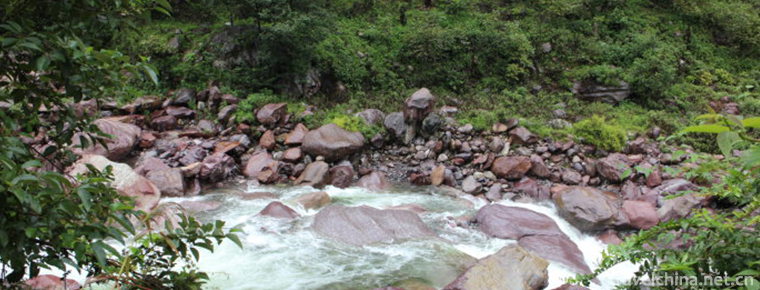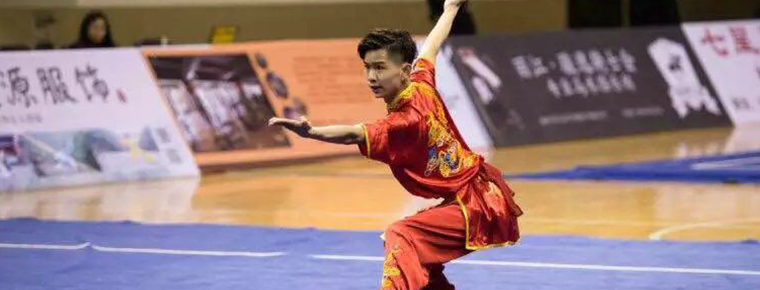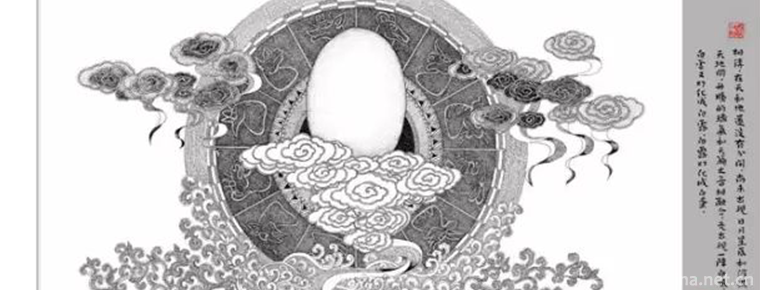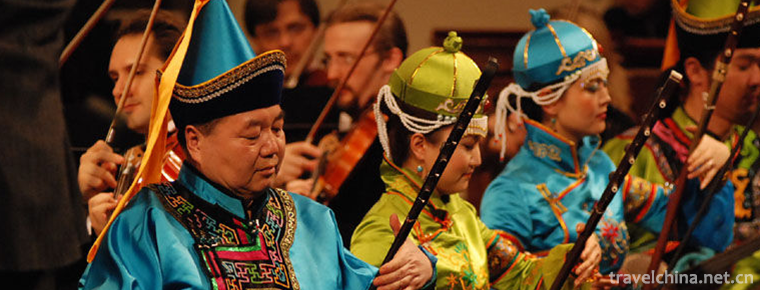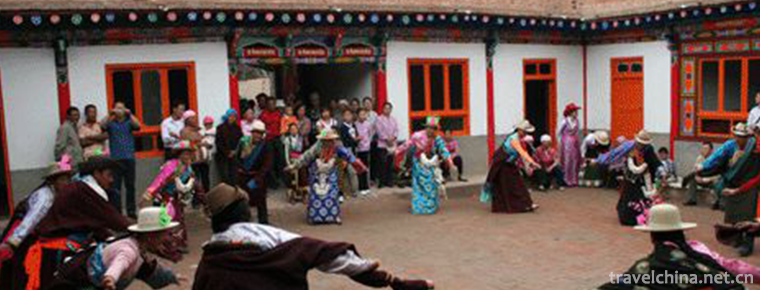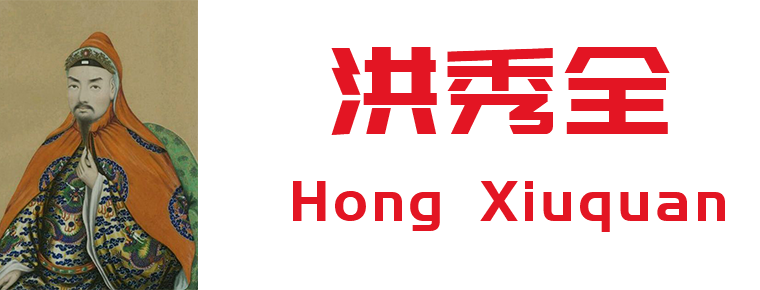The Religion and Customs of Baosheng Emperor
The Religion and Customs of Baosheng Emperor
Baosheng Emperor, also known as Wu Zhenren, was born on March 15, 1979, in Baijiao Village, Tong'an County. Since his childhood father died of illness, he was determined to study medicine, visited famous teachers all over the world, devoted himself to research and become a family of his own. Later in Haicang Qingjiaoqi Mountain, Longxue pit side of Lulu, drilling wells and springs, extracting medicines and alchemy, practicing medicine to save the world. It is famous in southern Fujian for its excellent medical skills and noble medical ethics. Song Jingyou died on the second day of May in the third year (1036). He was 58 years old when he went up to the mountain to collect medicines and fell off a cliff. Folk people in southern Fujian expressed their gratitude and offered sacrifices to Longhuang Temple next year by the side of Longhuang pit. During the Shaoxing period of Southern Song Dynasty, the court approved the establishment of temples (i.e. today's Qing and Baijiao Tzu Chi Palace), and in the second year of Qiandao (1166) Song Xiaozong granted "Tzu Chi". In the third year of Song Tiansheng (1025), the emperor was praised as "the miraculous Taoist real man of imperial history, and in the seventeenth year of Yongle in Ming Dynasty (1419), he was named"the great life-preserving emperor"and was commonly known as"the Dao Gong"among the people.
The belief of Baosheng Emperor has been spreading among the people for nearly a thousand years. There are more than 500 temples in Taiwan alone, and the custom of belief has gradually formed. These beliefs and customs are mainly praying for medicine sticks, inquiry sticks and sacrificial activities such as inviting gods, begging for fire, dividing stoves, entering incense, and traveling around the border. Every year on March 15 of the lunar calendar, the celebration of the great life-preserving emperor, including more than 1,000 temples in southern Fujian, Taiwan, Southeast Asia and Guangdong, gathers at the Tsing Chi Palace, which is grand, grand and exciting, like a carnival.
The beliefs and customs of Baosheng Great Emperor are based on the moral concepts of advising the good and abstaining from evil, helping the weak and treating the sick and saving the people. They play an obvious role in promoting people's health, social stability and harmonious coexistence. Health-preserving Emperor is the health Guardian God of tens of millions of people in southern Fujian and Taiwan. His unique beliefs, customs and healthy, Tzu Chi and harmonious cultural spirit are important components of the culture of southern Fujian and Chinese culture. The medical prescriptions in his medicine label, which have lasted for thousands of years, are rare legacies in the treasure house of traditional Chinese medicine of the motherland.







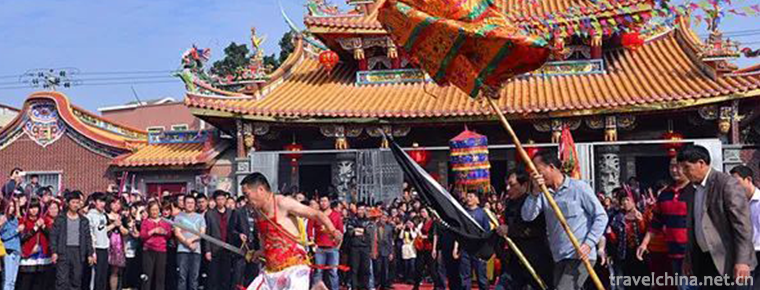
-
Kaifeng soup dumplings
Kaifeng filling soup bag is one of the famous foods in Kaifeng because of its unique flavor. The soup is thin and white like Jingdezhen ceramics. It has a transparent feeling.
Views: 203 Time 2018-11-26 -
Shanghai Chen Shan Botanical Garden
Shanghai Chenshan Botanical Garden is located at 3888 Chenhua Highway, Songjiang District, Shanghai. It was opened to the public on January 23, 2011. It was built by Shanghai Municipal Government in c.
Views: 146 Time 2018-12-19 -
Ertan National Forest Park
Ertan National Forest Park is located in Yanbian County and Miyi County, the northern suburb of Panzhihua City, Sichuan Province, with a total area of 732.4 square kilometers .
Views: 137 Time 2018-12-22 -
The daxiangguo Temple
Daxiangguo Temple, formerly known as Jianguo Temple, is located in the western section of Kaifeng Freedom Road. It is a famous Buddhist temple in China. It was founded in Tianbao, Northern Qi Dynasty.
Views: 205 Time 2019-01-07 -
Legend of Biashla
Biashraze, also known as Ashraze, is the most representative Bimo Master of the Yi nationality. The legend of Ashraze has become divine through oral transmission and artistic processing of language.
Views: 129 Time 2019-04-04 -
Zha Quan
Zha Quan is one of the five major schools of traditional Chinese long boxing, which is widely spread among Hui people. It originated in Shandong Province.
Views: 143 Time 2019-04-15 -
Black On White
The Black-and-White War is a comic book about the Naxi epic Black-and-White War, which consists of seven chapters..
Views: 348 Time 2019-05-03 -
Ulger
Uliger, which means "storytelling" in Mongolian, is commonly known as "Mongolian Shushu", "Mongolian Shushu" and "Mongolian Qinshu". It is a form of music art t.
Views: 144 Time 2019-06-29 -
Zerou
Zerou (Shangyu Zerou), also known as Ashze, is a Tibetan folk dance in Guide County, Qinghai Province. Especially "Shangyu (Chinese: lower row) is soft" is the most important. They often per.
Views: 439 Time 2019-07-16 -
Hong Xiuquan
Hong Xiuquan (January 1, 1814 - June 1, 1864) was famous for his show. In order to avoid God's "Huo Huo Hua", Jehovah "Homonym" has been changed to the present name, the founder of.
Views: 202 Time 2019-09-07 -
Fobao ancient town
Fubao ancient town is an ancient town with a long history in Hejiang County, Sichuan Province, 42 km away from Hejiang County, Sichuan Province. It is a historical town, a famous cultural town, a tourism town, and an important business town in the junction of Sichuan, Guizhou and Chongqing. It was built in the late yuan and early Ming Dynasty, more than 600 years ago, it is named Fobao, and it is the gateway of national Fobao forest park..
Views: 143 Time 2020-10-16

